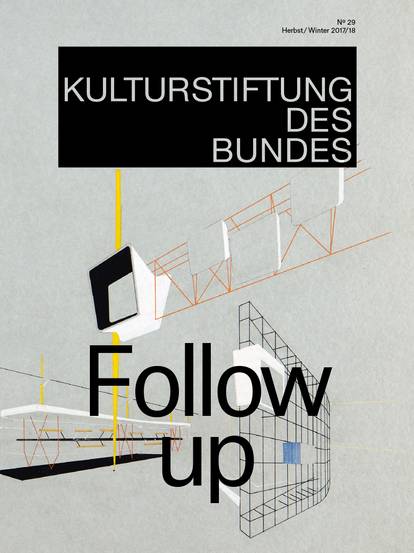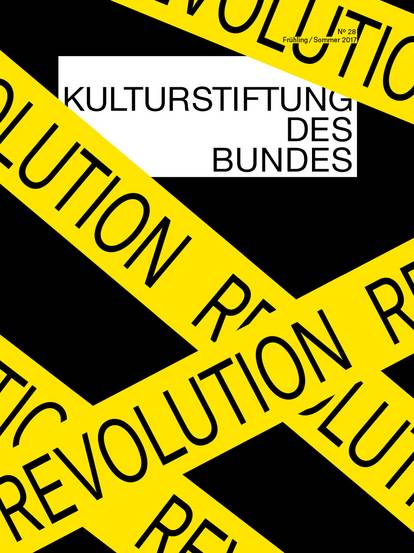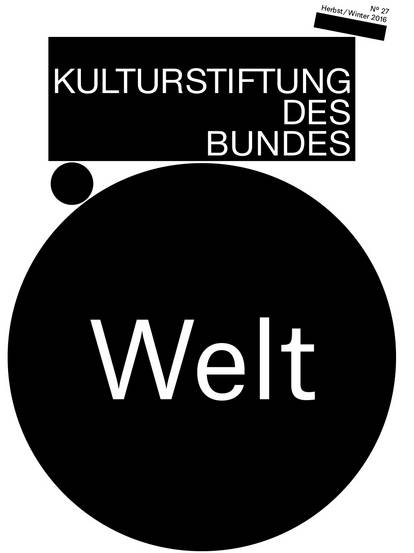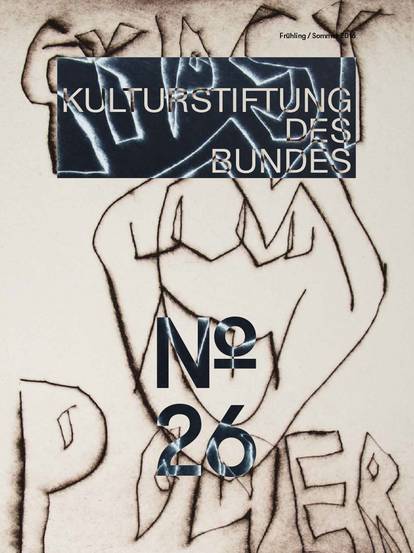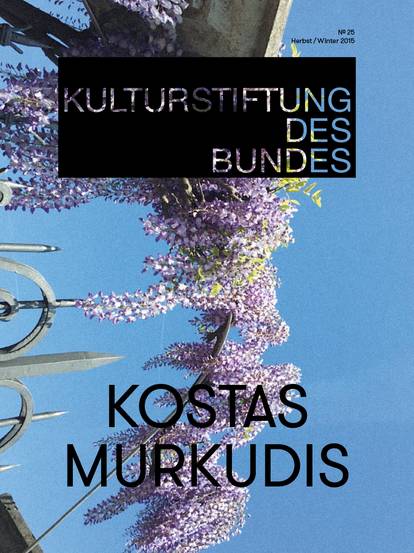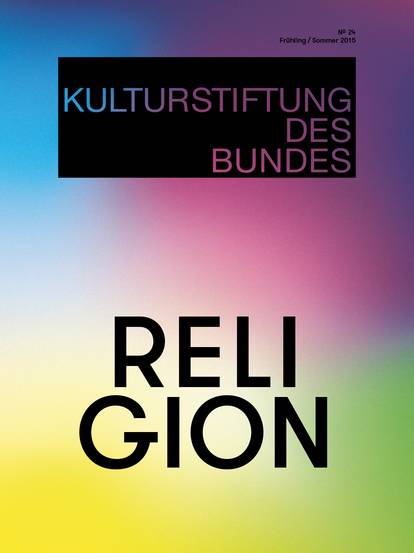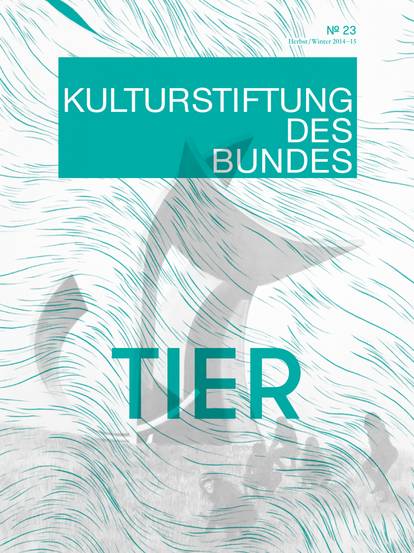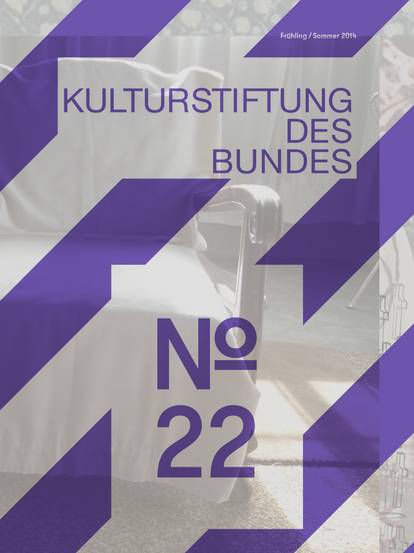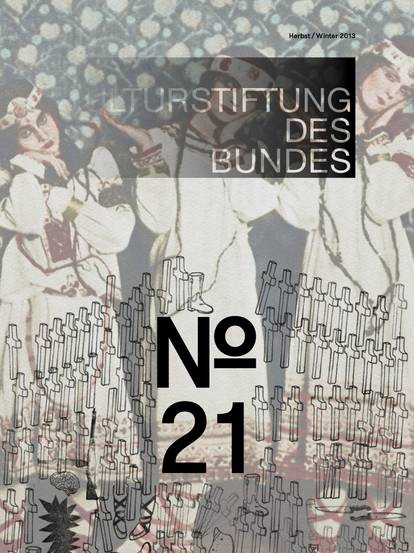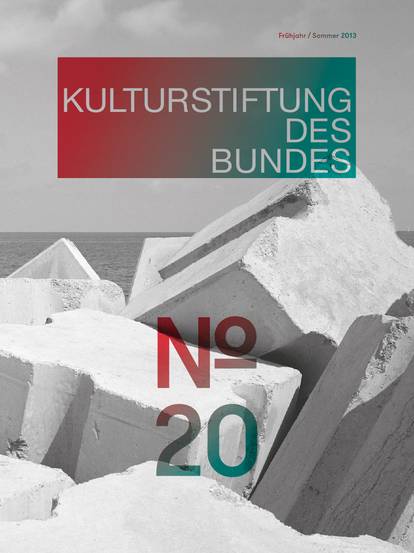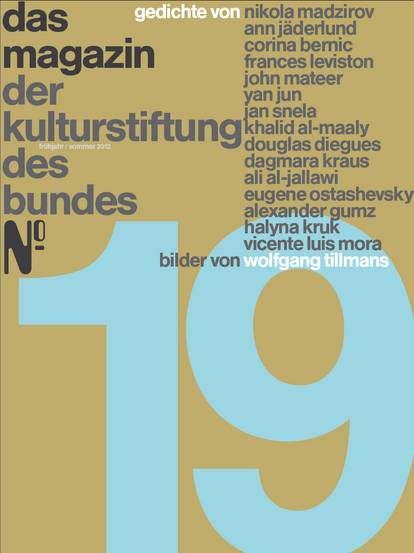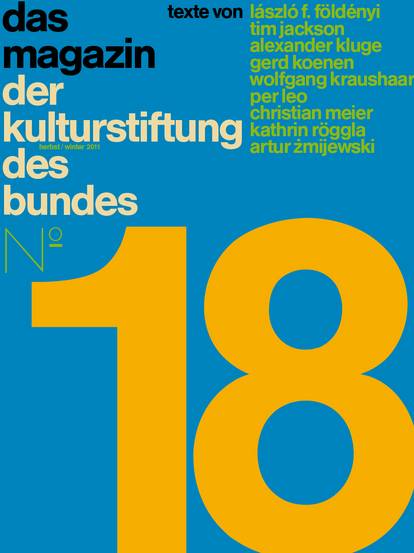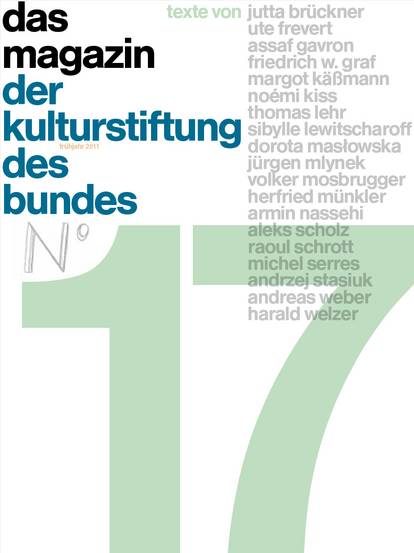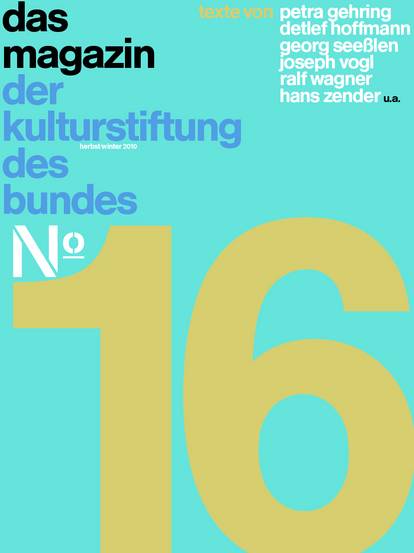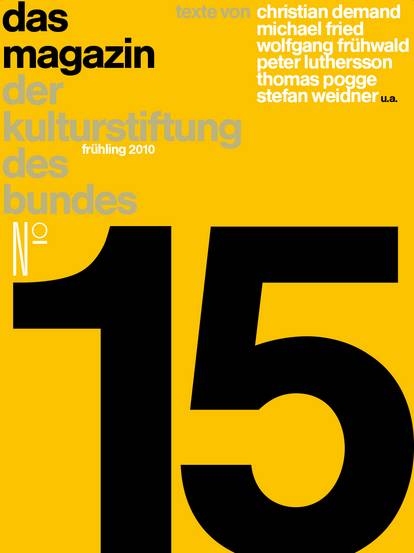The good news first: The German Federal Cultural is funding more cultural projects with artists and cultural producers from African countries than ever before. We’ve given ourselves five years to launch approximately 50 projects and cooperative ventures between German cultural institutions and artists from African countries. However – and here’s the bad news – given the size of the African continent, the Foundation can only provide six million euros in funding for these projects, e.g. through the TURN fund. This is clearly but a small contribution toward enabling Germany to benefit from more artistic impulses from African countries.
Here in Germany, general knowledge about the cultural scenes in African countries is rudimentary at best. If we look more closely, we’ll find that enormous cultural dynamics prevail in African countries, of which we are practically unaware. Who could say off the cuff what thrilling novels comes from Nigeria or Kenya, where the most popular music is being made, which countries are showing the most fascinating exhibitions, or what social issues are currently being discussed? We still have an all too simplistic view of “Africa”. This is perhaps the first lesson we must learn, namely, that the African continent did not produce “African art”. And the “African novel” is as much a figment of imagination as a “European poem”.
In funding such projects, our goal is to reveal and highlight the convictions and attitudes of those we cooperate with. This also entails providing ample space in our magazine, as we have done in this issue, to portray the multifaceted spectrum of African art production in a way that reflects the self-image of the artists and cultural producers. We have asked five renowned cultural figures from various African countries to describe their experience and their individual field of activity in the post-colonial worlds of their countries.
For the same reason, we decided to supplement this issue with German translations of the pan African gazette Chimurenga Chronic. The one-time supplement features a selection of articles which have appeared in the last three issues of the Chimurenga Chronic, an English-language quarterly which was launched in Cape Town in 2010. It seemed to us the perfect opportunity to introduce the German public to the current debates and discourse taking place on the African continent. We thank the editor-in-chief of Chimurenga, Ntone Edjabe, for the productive and trusting collaboration.
And now the best news for last. Fortunately we’re not the only ones showing renewed interest in the cultural dynamics on the African continent. After having focused on Eastern Europe in the past and with Asia, especially China, taking up much of our attention, interest in Africa’s cultural development has rapidly increased in recent years. Can we already start talking about “Africa hype”? The Nigerian-born Okwui Enwezor, director of the Haus der Kunst in Munich, addresses this question at length. We have him to thank for discovering the wonderful photographic works by Moshekwa Langa, an extremely prolific artist born in Bakenberg, South Africa in 1975. His subjects possess a remarkable ability to contradict the viewer’s preconceptions of exotic-folkloric and socially critical imagery. We are also delighted to present an excerpt from the new novel “Americanah” by Chimamanda Ngozi Adichie, one of Nigeria’s most successful contemporary female writers. We loved it, although the reviewer in Chronic Books held a more differentiated opinion. A conclusion as exciting as it is eye-opening!
Hortensia Völckers, Alexander Farenholtz
Executive Committee of the German Federal Cultural Foundation

![[Translate to English:] Magazine 38](/fileadmin/_processed_/f/1/csm_Magazin38_Cover-Vorschau_921x1230_689f428dc3.jpg)
![[Translate to English:] Magazine 37](/fileadmin/_processed_/b/c/csm_Mag37_Cover-Vorschau_921x1230_b5129fdb2a.jpg)
![[Translate to English:] Magazine 36](/fileadmin/_processed_/2/a/csm_Cover_Magazin36__issuu_2f3cef97bb.jpg)
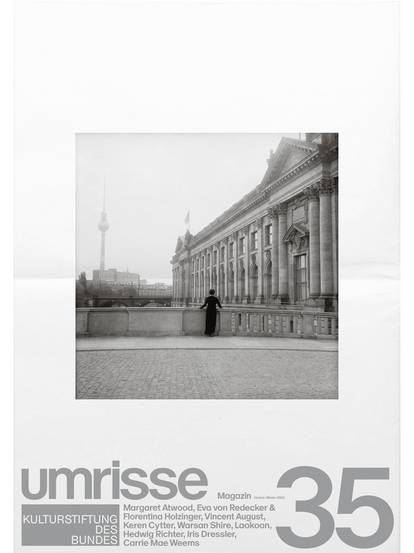
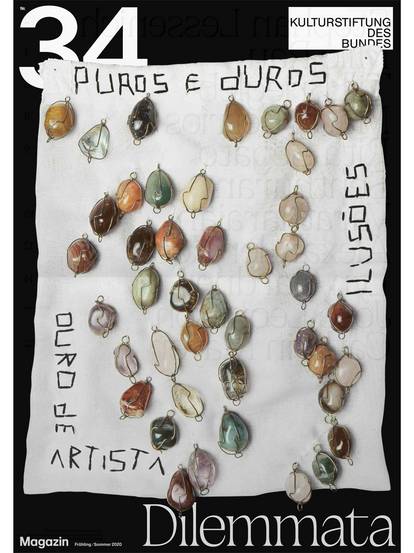
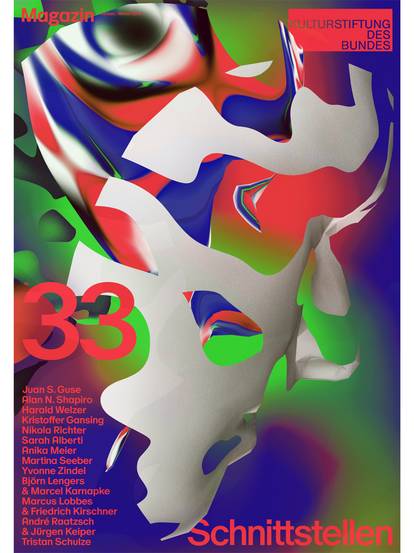
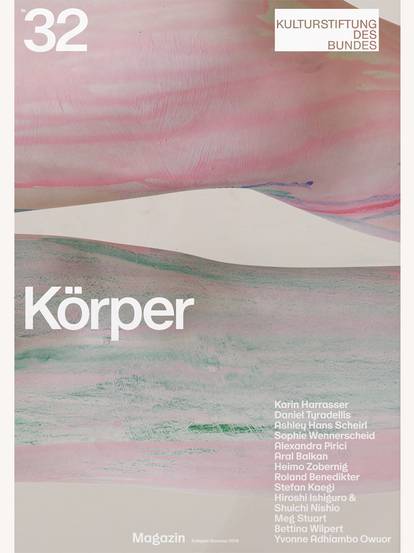
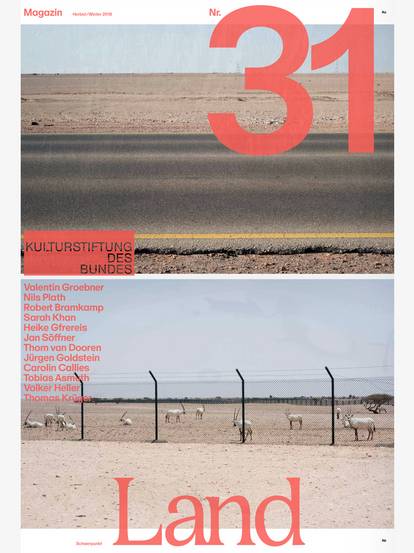
![[Translate to English:] Magazine 30](/fileadmin/_processed_/c/b/csm_magazin30_vorschau_9005f773d3.jpg)
